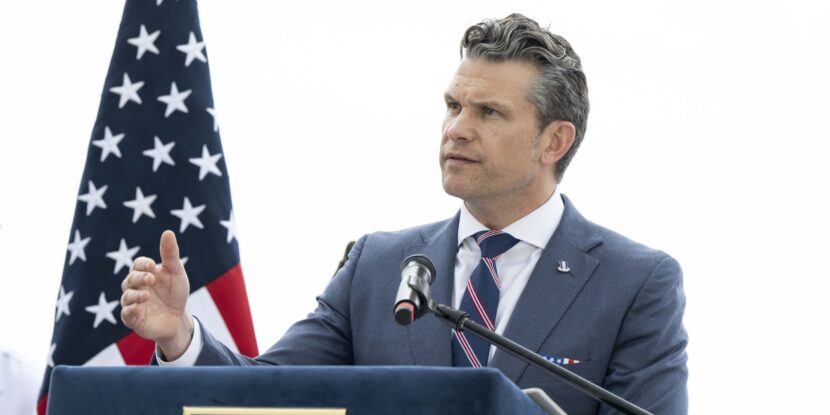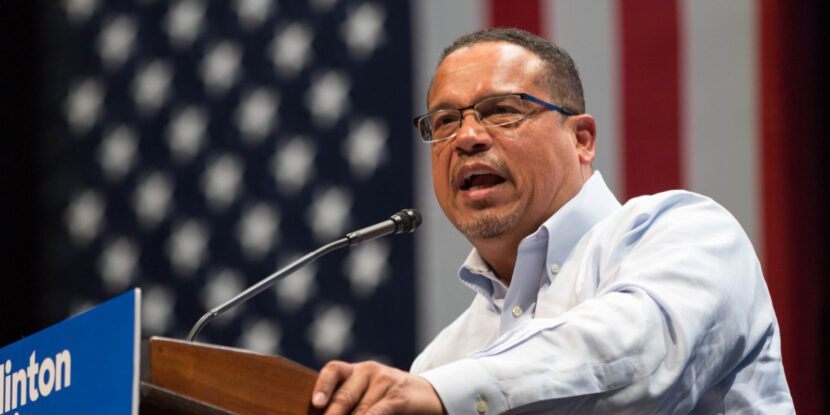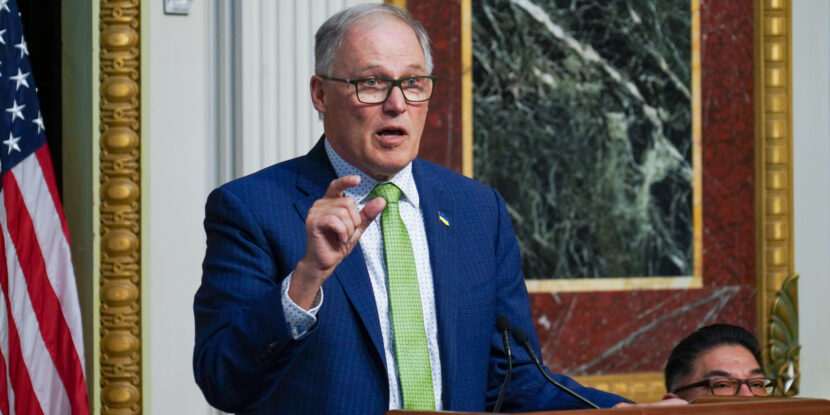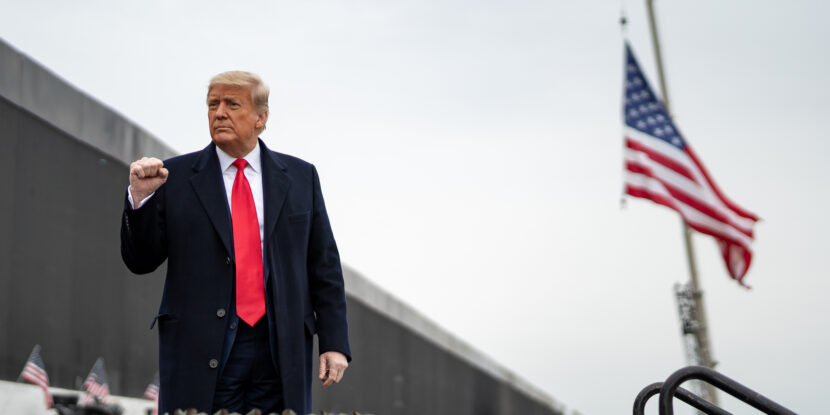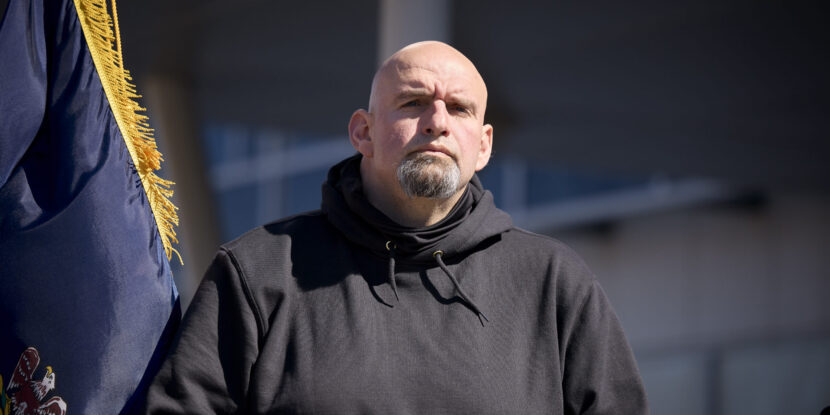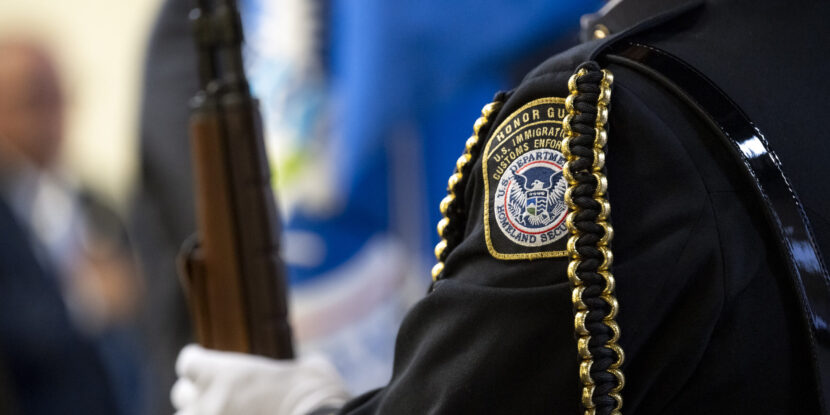PULSE POINTS:
❓What Happened: Defense Secretary Pete Hegseth allegedly shared details about a military strike in Yemen through Signal chat groups with family and friends.
👥 Who’s Involved: Pete Hegseth, Karoline Leavitt, Jeffrey Goldberg, Mike Waltz, and President Donald J. Trump.
📍 Where & When: The incident surrounding the March strike was reported by various outlets in Washington, D.C., over Easter weekend 2025.
💬 Key Quote: “The president stands strongly behind Secretary Hegseth, who is doing a phenomenal job leading the Pentagon,” Karoline Leavitt stated.
⚠️ Impact: Questions have arisen about information security policies within the Pentagon. However, President Trump and his White House communications team stress that the media allegations are part of a broad effort by career Pentagon bureaucrats to undermine the America First Agenda.
IN FULL:
President Donald J. Trump continues to “strongly” stand behind Secretary of Defense Pete Hegseth despite a series of corporate media stories alleging that the Pentagon chief communicated details regarding military operations in Yemen through private messaging groups. Late Sunday, the New York Times reported that Hegseeth had sent details about a March strike against the Houthis via Signal chat to a group that included his family and personal attorney.
“The President stands strongly behind Secretary Hegseth, who is doing a phenomenal job leading the Pentagon,” White House press secretary Karoline Leavitt said early Monday. She added: “This is what happens when the entire Pentagon is working against you and against the monumental change that you are trying to implement.”
Later in the day, during the White House Easter Egg Roll, President Trump also addressed the corporate media allegations, calling them a “waste of time” and—addressing Hesgesth specifically—stating, “He’s doing a great job.” The America First leader added: “Ask the Houthis how he’s doing.”
The controversy over the use of encrypted Signal messaging chats involving groups of administration officials began in March after The Atlantic’s editor, Jeffrey Goldberg, was inadvertently added to a group. That specific instance involved a Signal group dedicated to situational awareness and messaging cohesion regarding strikes against the Houthi rebel group in Yemen.
A forensic investigation shows Godlberg’s contact information was saved under the wrong contact on National Security Advisor Mike Waltz‘s phone. However, the White House has stressed that no war plans or classified materials were shared in the chat to which Goldbeg was inadvertently made privy.
